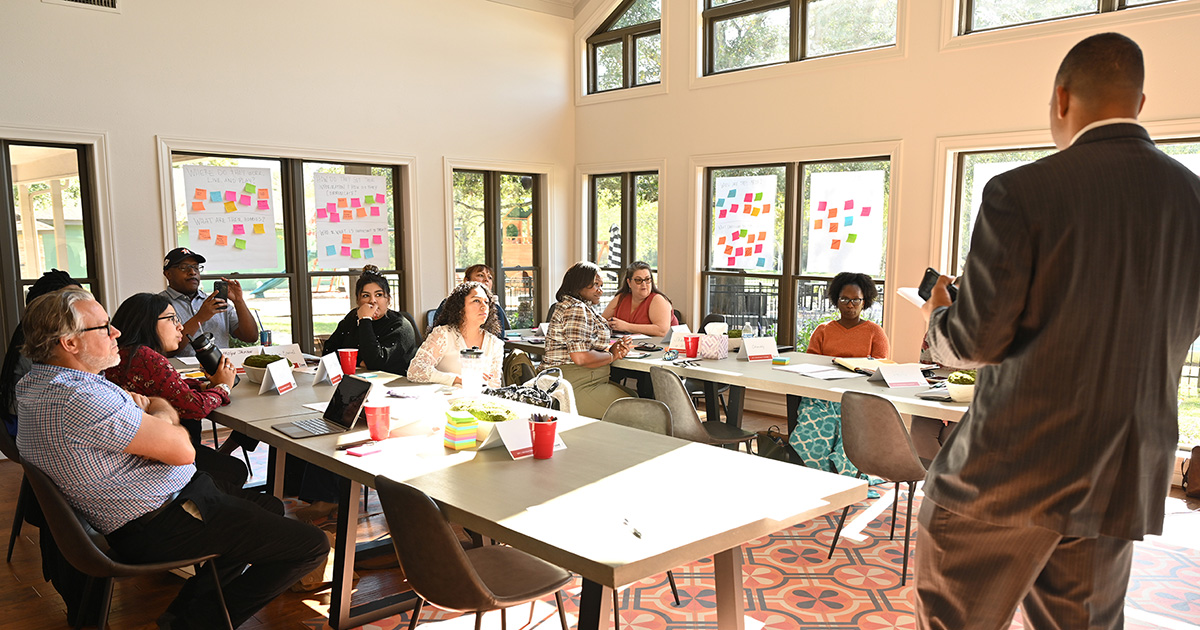The Administration for Children and Families (ACF) and Mathematica released a new Healthy Marriage and Relationship Education (HMRE) Program Evaluation Toolkit to help HMRE programs and their evaluators adopt a common approach to designing and conducting evaluations so they can strengthen learning and support improved outcomes across the full portfolio of federally funded programs.
HMRE programs support families by offering a range of services for youth, couples, and adults to increase their knowledge of healthy relationships and strengthen skills such as communication and coparenting. More than 40 HMRE programs in the current ACF grant cycle chose to conduct local evaluations, and although each evaluation is designed for a specific local program, the collective learning opportunity is much greater when programs use a common framework and consistent evaluation standards and approaches. The toolkit supports that alignment, enabling ACF, program leaders, evaluators, and other interested parties to better synthesize findings across cohorts and funding cycles and make meaningful progress on helping families in a variety of circumstances.
“This toolkit is the result of years of technical assistance and on-the-ground learning with HMRE programs,” said Angela D’Angelo, principal researcher and project director of the HMRE Local Evaluation Technical Assistance project at Mathematica. “It’s designed to support evaluators through every stage of the process and help them generate useful insight—locally and across the field—about what works to strengthen families. With a shared approach, we can better understand what’s working and apply those lessons across programs and communities.”
The toolkit includes eight practical briefs that evaluators can use independently, allowing them to access targeted guidance when they need it most. The briefs cover key evaluation topics such as participant enrollment, survey response rates, program dosage, attrition, mixed methods, data preparation, group equivalence, and statistical power. Each brief provides clear explanations, tips, and examples to help evaluators address common challenges and strengthen their evaluation efforts.
"The toolkit was an absolute game-changer for our evaluation team,” said Kim Gregson, an evaluator supporting several large-scale, statewide community-based HMRE programs. “We were managing several complex studies and pored over the briefs on mitigating attrition and creating equivalent research groups—both of which offered exactly the kind of clear, practical guidance we needed in real time. Whether you're designing a study from scratch or refining an existing design, the full toolkit is essential reading.”
Media Contact
-
Laura Dyer
ldyer@mathematica-mpr.com
202-912-1064


